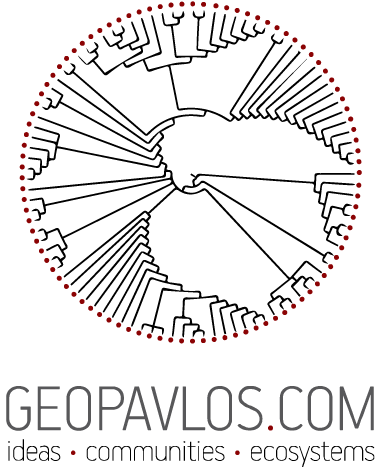No 2 without 11: The Urban Side of Food and Nutrition Security
Event Details
The German Federal Ministry of Food and Agriculture (BMEL), the Institute for Advanced Sustainability Studies e.V. (IASS), and as co-hosts the Stockholm Environment Institute (SEI), the Institute for Sustainable Development
Event Details
The German Federal Ministry of Food and Agriculture (BMEL), the Institute for Advanced Sustainability Studies e.V. (IASS), and as co-hosts the Stockholm Environment Institute (SEI), the Institute for Sustainable Development and International Relations (IDDRI), Germanwatch e.V. and the World Centre for Sustainable Development (RIO+Centre), discuss the challenges of implementing the Sustainable Development Goals (SDGs) in Germany. The thematic focus of the conference will be on natural resources and sustainable consumption and production.
Conference Background
The adoption of the 2030 Agenda for Sustainable Development by UN Member States in September 2015 introduced ambitious and universal goals for sustainable development. In 2016 all countries face the task of implementing the SDGs at home, taking into account national circumstances and priorities, while maintaining the global level of ambition.
The conference will explore Germany’s responsibilities as a major consumer of natural resources in a globalized world. Accounting for today’s complex consumption and production patterns, national implementation of the SDGs must reach beyond borders. A promising step in this direction is a revitalized global partnership for sustainable development, as outlined in the SDGs. The conference assesses the potential role of partnerships for collaboration and mutual learning for sustainable development both within and outside Germany. Special attention is hereby given to the initiative of the Swedish government on ‘Implementing the 2030 Agenda for Sustainable Development, A Call to Action’, which represents a partnership of nine countries, including Germany. The initiative pledges to actively support the implementation of the 2030 Agenda and to promote the sharing of experiences and best practices. The work of the Independent Research Forum and similar initiatives aiming to provide strategies for an effective SDG implementation will also be discussed at the conference.
The 2030 Agenda emphasises that natural resources, like fertile soils, safe drinking water and healthy ecosystems, are an indispensable basis for sustainable development. A wide range of SDGs calls for serious efforts for securing these resources and using them more sustainable by changing consumption and production patterns. Integrated nexus-based approaches are widely regarded as a sensible approach to both analyse and govern complex natural resources.
Session Background
Many mainstream production oriented approaches to food and nutrition insecurity largely ignore that food and nutrition insecurity are a growing urban phenomenon. Little attention is for instance paid to how urban dwellers will actually access the food, even if it is available. The session explores urban food and nutrition security both in developed and developing countries and assesses ways to improve current food systems towards overcoming the shortfalls of past and present mainstream policies. Your personal expertise on food security and responses in the context of the Greek crisis would be of particular interest our discussions. We would therefore be absolutely delighted to welcome you on board and have you present your perspective and ideas to our audience.
The four hour session will open the floor to a total of four distinguished speakers including:
- Jane Battersby-Lennard, African Centre for Cities, University of Cape Town
- Florence Egal, Milan Urban Food Policy Pact
- Thomas Forster, EcoAgriculture Partners
- Pavlos Georgiadis, Farming on Crisis/We Deliver Taste
Time
(Tuesday) 11:30 am - 5:00 pm CET(GMT+00:00)
Location
Andel’s Hotel Berlin
Landsberger Allee 106, 10369, Berlin

